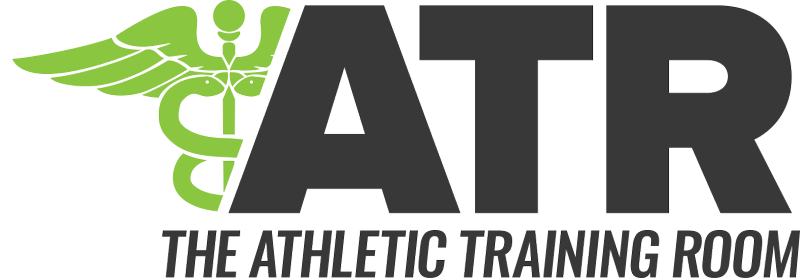Resources
For up to date information from the Iowa High School Athletic Association, please visit their website:
http://www.iahsaa.org/information/sports-medicine-wellness-info/
What is a concussion?
A concussion is damage to the brain, which is caused by a direct blow to the head—could be from a ball, the ground, or another athlete. Another cause is a blow to the body that causes rapid head and neck movement.
- Difficulty thinking clearly
- Headache or “pressure” in the head
- Irritable and sad
- Fatigue or feeling tired
- Difficulty remembering
- Nausea/ vomiting
- Changes in behavior
- Drowsiness
- Difficulty concentrating
- Dizziness or balance problems
- Nervous
- Sleeps more than usual
- Feeling “slowed down”
- Double or blurry vision
- More emotional than usual
- Trouble falling asleep
- Sluggish, lazy, or foggy
- Sensitive to light or noise
- Dazed and Confused
- Numbness or tingling
- Slow responses
- Repeats questions
- Can’t recall events
- Loss of consciousness
THE FOLLOWING SYMPTOMS REQUIRE
Emergency Medical Attention
- One pupil is larger than the other
- Drowsiness or cannot be awoken
- Worsening headache
- Weakness, numbness, or decreased coordination
- Repeated nausea or vomiting
- Slurred speech
- Convulsions or seizures
- Difficulty recognizing people or places
- Increasing confusion or agitation
- Unusual behavior
- Loss of consciousness, even if it is brief
To help facilitate healing, limit activities that increase symptoms, including:
- Watching TV or using computer
- Using cell-phones or tablets
- Activities that require increased concentration
- Doing homework or studying
- Exercise
CONCUSSION FAQS
If your child has suffered a concussion or is experiencing concussion-like symptoms, refer to the Frequently Asked Questions below. If you have any additional questions, please do not hesitate to contact Michael Donahue, ATC LAT at 515-975-3913.
When should I be particularly concerned?
If your child has a headache that gets worse over time, is unable to control their body, vomits repeatedly or has increased nausea, or their speech is slurred, your child should be referred immediately to an Emergency Room. These are signs that the injury is getting worse and may require medical attention.
How do I know when it's OK for my child to return to physical activity?
A medical professional (Athletic Trainer or Doctor experienced in concussion management) will help decide when your child is able to return to play. The Iowa Soccer Association has a return to play protocol in place for concussions. Your child should not return to play or practice on the same day as the suspected concussion occurred, or before completing the return to play protocol. Your child should be symptom-free before beginning the return to play protocol.
What are some of the problems that may affect my child after a concussion?
Activities should be monitored following the injury. Your child may have difficulty doing homework or concentrating at school. In addition, certain activities at home, like watching TV, using a cell phone, or a computer may lead to problems. If any of these activities increase or bring back symptoms, participation in those activities should be limited until the child presents with no symptoms. This also includes exercise and physical exertionimmediately to an Emergency Room. These are signs that the injury is getting worse and may require medical attention.
References
Brogilo, S. P., Cantu, R. C., Gioia, G. A., Guskiewicz, K. M., Kutcher, J., Palin, M., Valovich-McLeod T. C. (2014). National Athletic Trainers’ Association position statement: Man-agement of sport concussion. Journal of Athletic Training, 49 (2), 245-265
Center for Disease Control and Prevention. (February 16, 2015). Heads Up. Retrieved from http://www.cdc.gov/concussion
